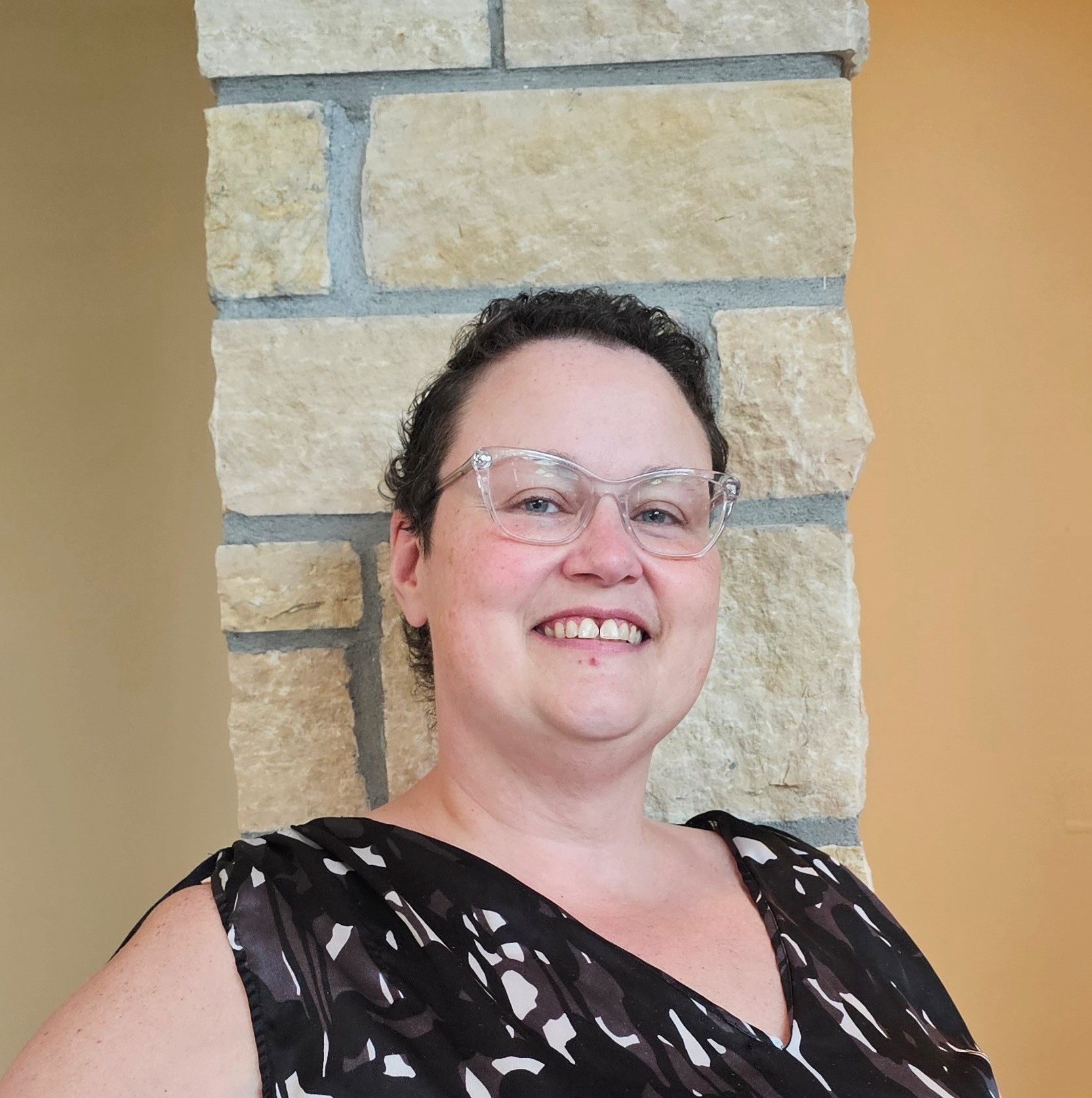 Nicole Kelly
Nicole Kelly
Nicole sees the necessity of Medical Assistance in her personal and professional life, as the mom to three adopted children with special needs and as a nurse case manager.
“For my adopted children (3) with special needs, Medical Assistance means coverage for their mental health care, medications, physical debilities, rehabs, etc. Children’s Therapeutic Services and Supports (the in-home mental health therapy my boys receive) is only open to those on Medical Assistance. These children have faced serious trauma and likely would need out-of-home placement without these services, which I am not even sure if private insurance would cover. This could lead to legal issues with their behaviors and an unsafe household, with possible removal for safety of others. Who knows what the recommendation would be. As for their medications, the cost could be significant and well as their medical care.
For my patients who have pre-existing special needs, come from low-income situations, have other qualifiers, or come in with a new life-changing diagnosis, Medical Assistance means being able to set up a safe discharge plan, access proper follow-up care, avoid hospital readmissions, and obtain much needed higher levels of care in the community, such as skilled nursing facility placement, to reduce hospital lengths of stay so that resources can be utilized appropriately. For my patients, without Medical Assistance, I could see increased hospital stays, increased morbidity, more ER utilization, more infections, and overall poorer outcomes.
“Medical Assistance helps me have in-home mental health therapy for my two adopted boys with significant trauma. It pays for medications that all three of my adopted children need for their mental and physical health. It also helps me meet the discharge planning needs of many of my most vulnerable patients.
“Honestly, this is an area that can't afford any cuts. As a society, we suffer the consequences of not meeting the needs of our most vulnerable. When people cannot afford medical care and do not have Medical Assistance, the system begins to get clogged with people using the ER for things that should have been seen in their primary care provider’s office, making ER wait times longer and placing critically ill patients at risk. On the flip side, some will not seek care until they are critically ill, increasing the cost of treatment/care exponentially from what it would have been would they had access to care at initial onset of symptoms. The patients will not all of sudden come out of poverty levels and be able to absorb the cost of treatment, meaning that, in one way or another, we will see those costs passed along to others via increased treatment and insurance costs. Hospitals that can't recoup monies will have to make cuts, which is something no one wants to see happen. And frankly, loss of life is the saddest part of the whole scenario because with Medical Assistance many of these things could be preventable. I also worry that, if MA being tied to adoption agreements with the county is affected, this could even further reduce the amount of foster-to-adopt parents we have, thus leaving children in the system longer and leading to further trauma and attachment issues.
“My children recently had a MNChoices assessment done and even their case manager was speaking with me about how concerned county staff are right now with these cuts and how this will jeopardize a lot of their clients' health and welfare.”

